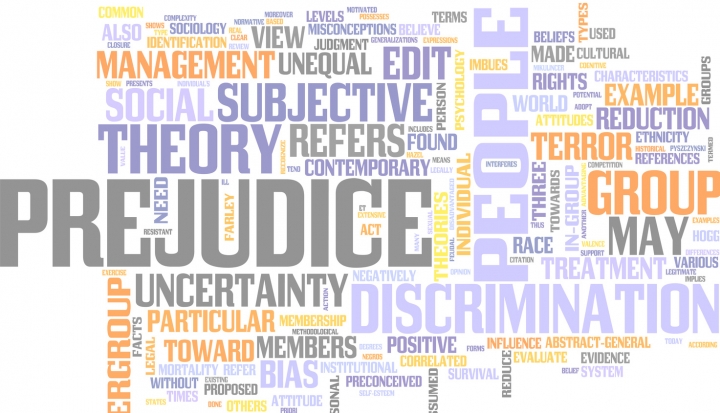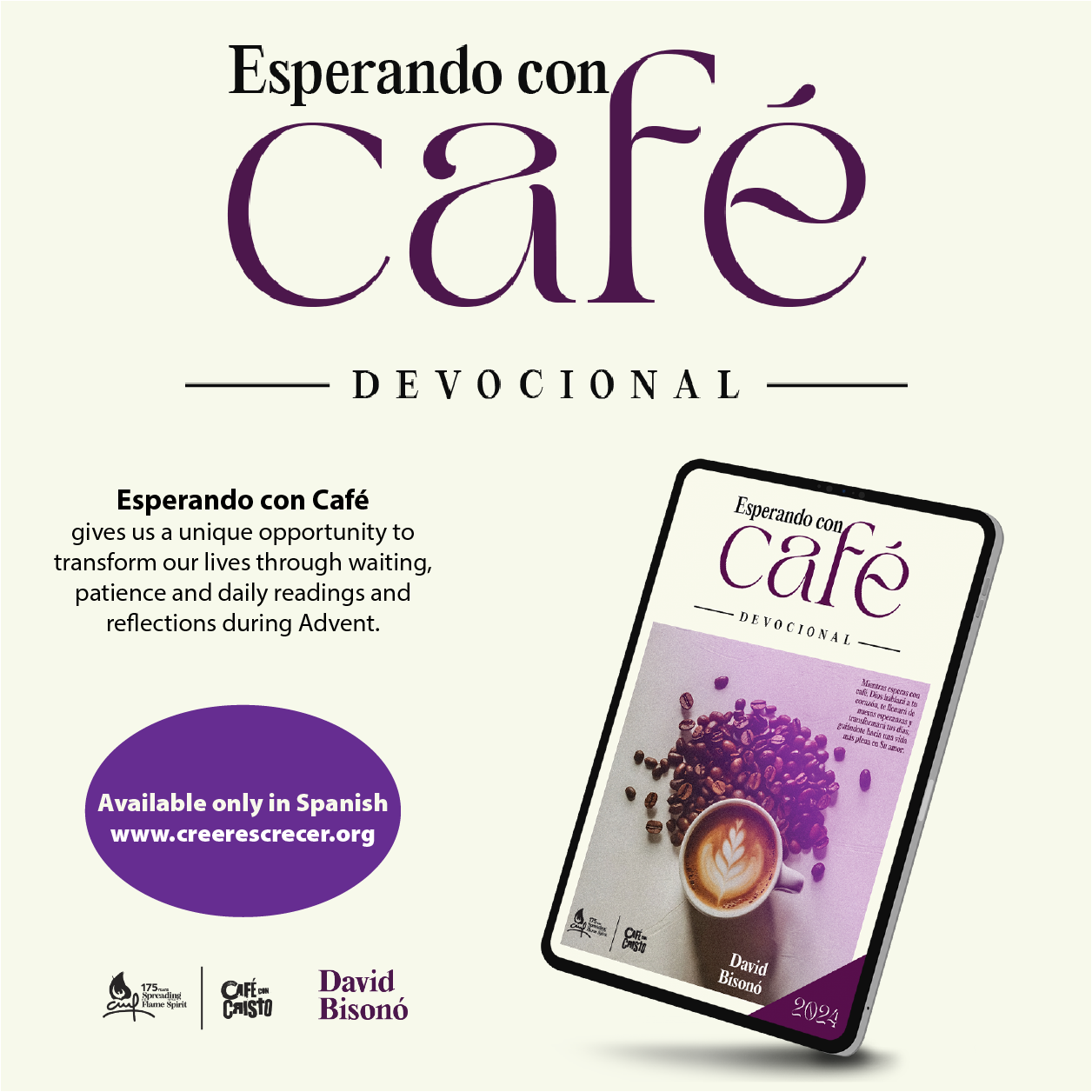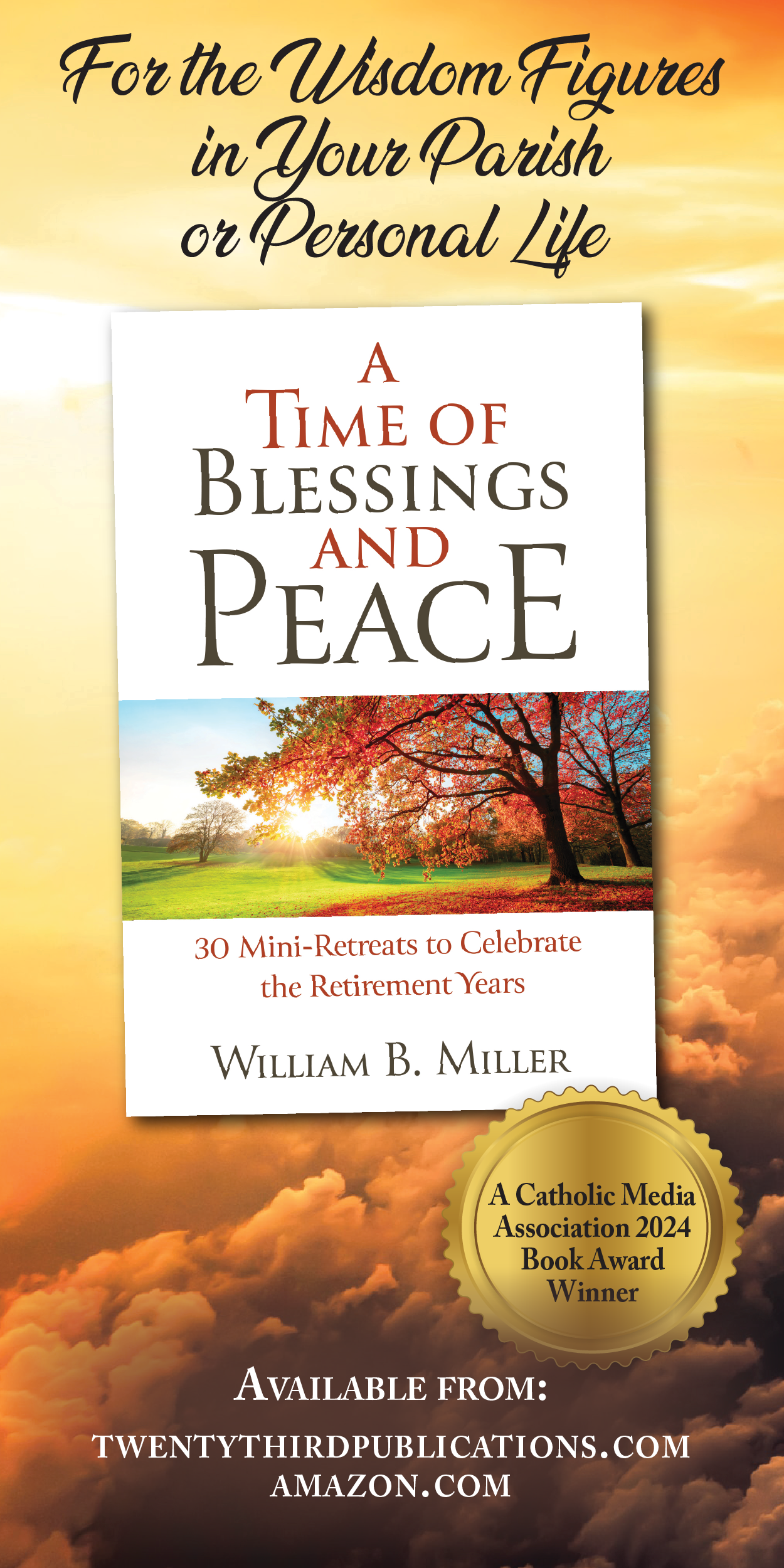If we need proof that the unequal treatment of the races in the United States is still an insoluble problem—49 years after the passage of the 1964 Civil Rights Act, a century and a half after the adoption of the 13th and 14th Amendments—all we need do is look at how the races see the Trayvon Martin verdict. As our president said, “When you think about why, in the African American community at least, there’s a lot of pain around what happened here, I think it’s important to recognize that the African American community is looking at this issue through a set of experiences and a—and a history that—that doesn’t go away.”
It is easy to know where the Lord would have stood on a question of racial inequality. He directly took on one of the most racially sensitive questions of his time in the parable of the Good Samaritan. Recall that the hatred of Jews for Samaritans and of Samaritans for Jews was of historic proportions when the Lord walked the earth. Yet, when pressed for an example of who was that neighbor whom we must love as we love ourselves, the example he gave to his Jewish audience was, not a Jew—the priest and the Levite walked on by—but a Samaritan.
When our Supreme Court issued a judgment that will allow racism in our land to endure and fester in their decision striking down the Voting Rights Act of 1965, those who would speak for the Lord in the United States, our American Catholic bishops, were almost inaudible. Yes, they issued a pro-forma statement against the decision, all of one paragraph long, but like throwing a pebble into the ocean, the ripples faded under the waves.
Our bishops are capable of making waves when they want to. When the very next day after the Voting Rights Act decision the U.S. Supreme Court declared the federal Defense of Marriage Act (DOMA) unconstitutional, the bishops were front and center. Their statement condemning that decision was five paragraphs long, and the bishops, not content with just a statement, were on national TV and in the national press lamenting the destruction of western civilization. Add to this the fact that the bishops were exercised enough about the DOMA case to file a friend of the court brief urging that DOMA be upheld while doing nothing to support the legal arguments in favor of maintaining the Voting Rights Act.
What is more important to them—defeating racism or insisting that civil law match the church’s sexual teachings? They are convicted by their own words. In their excellent document, Faithful Citizenship, they put racism on the spectrum of intrinsic evil along with abortion. As they say, “A Catholic cannot vote for a candidate who takes a position in favor of an intrinsic evil, such as abortion or racism, if the voter’s intent is to support that position. In such cases a Catholic would be guilty of formal cooperation in grave evil.” Both are abhorrent, unacceptable evils. But when words come down to deeds, the bishops’ deeds clearly imply that same-sex civil marriage is a greater evil than the intrinsic evil of racism, that sexual ethics are more important than social justice.
This was a terrible lost opportunity for our bishops. Our church teaches some things on sexual ethics that modern society finds very hard to accept: every sexual act outside of marriage is immoral; every marital sexual act must be open to new life; same-sex sexual activity is intrinsically disordered. Each of these has a long foundation in the church’s teachings, but the current age actively challenges these teachings. The culture has become distant from and hostile to the sexual teachings of the church, either considering them irrelevant or judging them biased. And increasingly, the tendency of some of our bishops to be “culture warriors,” to attack the culture for its rejection of the church’s sexual ethics, is making our church into a Johnny One Note. The pelvic issues predominate the public perception of our church.
But this need not be the case. Cardinal John O’Connor of New York never wavered from faithfully teaching the church’s sexual ethics, yet when the AIDS crisis struck in his archdiocese, he saw to it that hospices were opened for AIDS sufferers, going himself regularly to tend to victims, bathing and feeding them, at a time when the larger society was treating them as lepers. As a result, when the cardinal preached the church’s sexual ethics it was in the context of his concern for the victims of the worst sexual plague to strike our country, and so what he said was much more credible. He saw clearly that the church was not just a collection of rules on sexual conduct but the living body of Christ which had an obligation to tend to the poor and weakest among us. The latter gave a context and a credibility to the former.
There is a richness in the church’s social justice teachings that gives a context to its sexual ethics. Pope Francis clearly recognizes this fact. Indeed, in his first four months as the bishop of Rome he has come back time and time again to themes of social justice, to solidarity with the poorest of the poor. It is in this context that the church acts most like Christ, and hence, is most credible.
Imagine if our bishops had resisted the Voting Rights decision as loudly as they did the same-sex marriage decision of the Supreme Court; if they emphasized social justice as they much as they did sexual ethics. Surely our bishops know that racism is a rampant an evil in our country and that it gravely offends against the church’s teachings. Racism tramples personal dignity, from entrapping generations in cycles of poverty and crime to devaluing their right to vote. Make no mistake about this. Despite the “voter fraud” language (fraud that has yet to be established on anything like a scale that matches the legislative response), the true purpose of voter id laws is to depress voter turn-out, especially minority voter turn-out.
How creative of the conditions for social justice and equality is a voting law that basically tells one group of persons that their vote is not as important as the votes of others, that our democracy is weighted against them and those like them? Think of the damage that such an attitude wreaks on its targets. The rush to pass restrictive voter id laws after the Supreme Court’s Voting Rights decision sends a clear message, not of value, but of devalue, to the Trayvon Martins of our country.
Our bishops need to do a rethink. If they want the world to hear what they teach about sexual ethics, it must be in the context of a church that values social justice, and speaks out about social justice above all; a church which, like Pope Francis says, “is poor and for the poor.”
Francis is not a radical in his theology. He, too, when he gets around to it, will be preaching the same demanding sexual ethical teachings. But when he does so, it will be much more acceptable and understandable, because it will be clear that he is doing so out of a true sense of concern for and solidarity with those who suffer, and not as a culture warrior interested in power more than anything else.
This guest blog post reflects the opinions of the author and does not necessarily represent the position of U.S. Catholic, its editors, or the Claretians.
If you are interested in reading more about both the Voting Rights and Trayvon Martin cases, see U.S. Catholic’s commentary:
A closer look at the Voting Rights Act by Kira Dault
The Voting Rights Act, revisited by Kira Dault
U.S. bishops (finally) take a stand in favor of voting rights by Scott Alessi
A surprising moment of faith emerges at the George Zimmerman trial by Scott Alessi
When profiling is “reasonable,” injustice becomes excusable by Fr. Bryan Massingale
Image: Fotolia/MacX









